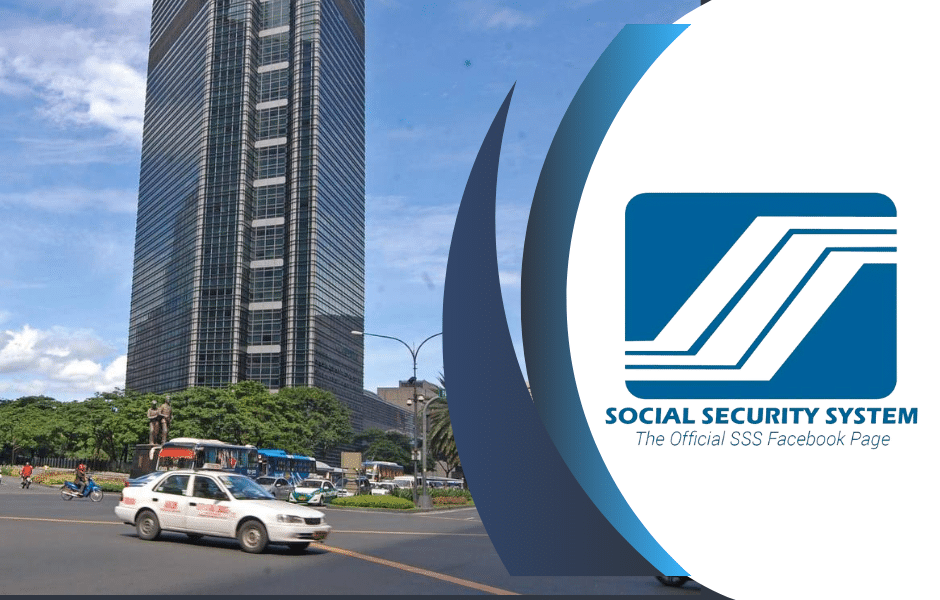STARTING January 1, 2023, employers in the private sector will be required to contribute 9.5 percent of the workers’ monthly salary to the Social Security System.
The one-percentage point increase from the 2022 premium for employers means also an increase of the total contribution of SSS members, including the employers’ share, to 14 percent.
For the self-employed and land-based overseas workers, unfortunately, they have to shoulder the entire 14-percent mandatory contribution.
Employers’ contribution
For an average Filipino worker earning PHP 15,200 a month, the employer will have to pay 9.5 percent SSS contribution worth P1,502.50.
The SSS member, on the other hand, will continue to pay 4.5 percent of his/her monthly income to the SSS. In the case of a worker earning P15,200 a month, it will be P697.50.
In total, an average Filipino private employee should be contributing P2,200 per month to the SSS.
Private sector employers who are paying their workers more than P20,000 will feel the biggest crunch.
An average BPO employee, for example, earns PHP 25,519, according to the 2020 survey of jobsite https://indeed.com.
With the new SSS premium rate schedule, the BPO employer should be remitting the SSS around P2,547.50 per employee.
The SSS BPO employee will continue to pay the same SSS premium rate, in this particular case – P1,192.50.
In total, each BPO employee will be contributing an average of P3,600 to the SSS.
On top of the regular employee’s contributions, employees earning more than P20,000 are mandated to contribute to the Workers’ Investment and Savings Program (WISP).

Freelancers or self-employed
Self-employed individuals, including freelancers and professionals, are required to pay the entire 14 percent of their income for the month to the state pension fund.
In the Philippine Statistics Authority survey last October, around 27 percent of the 47-million labor force are self-employed.
According to the PSA, self-employed individuals are those who operate their own businesses or trades and do not employ paid workers in the conduct of their economic activities. This category includes workers who worked purely on commission basis and who may not have regular working hours.
If you are one of them, take a look at the schedule of rate for self-employed SSS members here:

Land-based OFWs
Land-based OFWs who are contributing to SSS are likewise required to pay the entire 14 percent premium.
Those who have already permanent residency or have become naturalized citizens in other countries are not required to pay SSS contributions. Voluntary contributions are allowed.
According to a 2020 survey, more than half of the OFWs are earning P20,000-P50,000 a month. For OFWs earning more than P20,000, they will be paying around P2,870 – P4,200 (around US$52-76) a month of SSS contributions.

Why increase premium
The SSS is mandated to collect a gradual increase in premium every year starting 2019, with the passage of the Social Security Act of 2018.
SSS President and Chief Executive Officer Michael G. Regino said when all pensioners were given additional P1,000 benefit in 2017, the SSS fund life can only last up to 2032 only.
But since they implemented the premium increases in 2019, he said the SSS fund life had been extended until 2054.
He said the previous contribution increases for the past three years have also boosted benefit disbursements for its members. The SSS has expanded its unemployment benefit and maternity benefit.
From 2019 until October 2022, SSS has already disbursed P3.78 billion in unemployment benefits to more than 287,000 members.
Likewise, the annual maternity benefit disbursement rose by 78% from P7.07 billion in 2018 to P12.54 billion in 2022.
From January 2019 to October 2022, SSS reported to have released P822.86 billion benefits to SSS members. This is is 38 percent higher than the P596.30 billion benefit disbursements from January 2015 to December 2018 prior to the amendment of the Social Security Law, Regino said.








